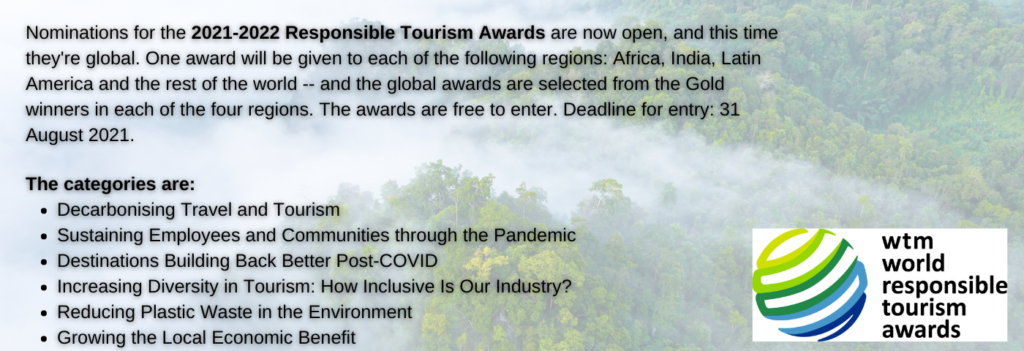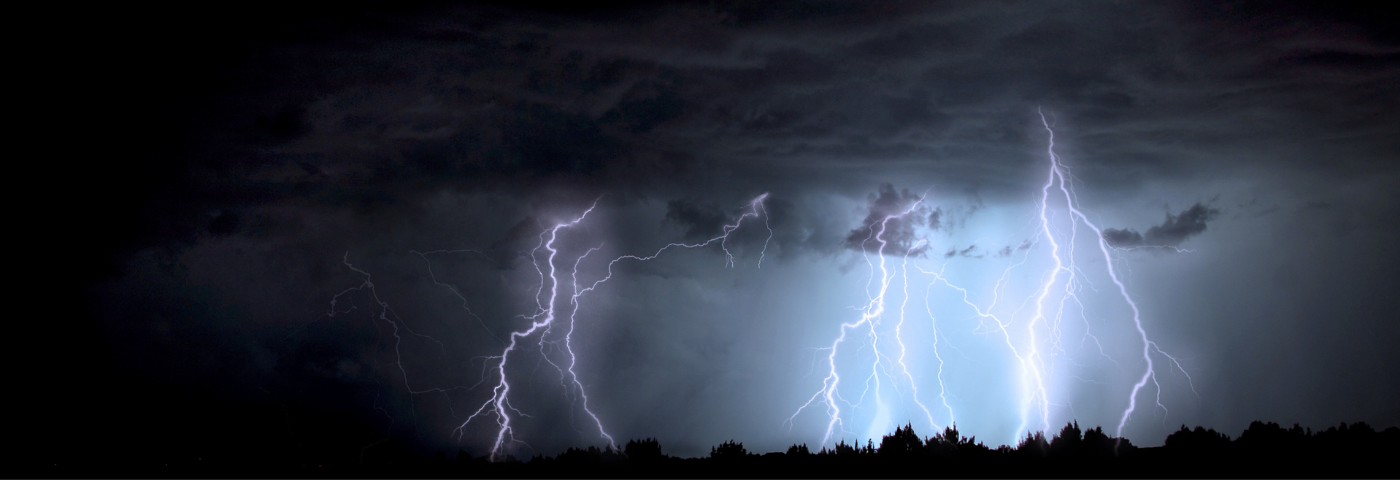For decades, scientists have refused to make a strong link between climate change and extreme weather events, but that has changed. Recently, Bloomberg Green reported extreme weather in several areas — floods in China’s Henan province caused 380,000 to evacuate, overflowing rivers in Uganda affected 30 villages and 25 people died in landslides after big storms struck Mumbai and its surrounding region. Temperatures in Turkey and North Africa approached 50 degrees Celsius (122 degrees Fahrenheit), while South Africa and Brazil hit freezing temperatures. Siberia is battling wildfires again. Finland experienced 31 consecutive days with maximum temperatures above 25 C — the longest heatwave ever recorded in the country. The New York Times recently reported that the fourth major heat wave of the summer will begin in the United States this weekend and continue into next week; wildfires are burning in 12 states and California officials predict a major salmon die-off. In Europe there have been floods in Belgium, Germany and the Netherlands, which have destroyed property and cost lives.
Hans-Otto Pörtner, a professor at the Alfred Wegener Institute for Polar and Marine Research and an adviser to the German government on climate and the environment, was quoted yesterday by Bloomberg Green: “We’ll definitely make it to 1.5°C and it will be hard to stop the warming and remain there… This tells us that we haven’t reached the end of it. The motivation to do something about climate change only grows because we see the signs on the wall.” It is no longer enough to talk about mitigation – we need to begin to invest in adaptation. The crisis is upon us. It is time to adapt to climate change.
Over the last 20 years, we have seen deniers of climate change proven wrong. The debates about the science of climate change facilitated procrastination in ways reminiscent of the debates about tobacco, acid rain, DDT, asbestos and the hole in the ozone layer. In 2010, American science historians Naomi Oreskes and Erik M. Conway published “Merchants of Doubt: How a Handful of Scientists Obscured the Truth on Issues from Tobacco Smoke to Global Warming”, which has also become a film (available on Netflix). The lobbyists employed by the corporations have a sophisticated playbook revealed in “Merchants of Doubt”. Scientists question themselves and others aggressively, and this plays into the hands of those wanting to deny the problem. The corporations and their lobbyists keep the controversy alive by spreading doubt and confusion about the scientific consensus. Enemies of climate change use a handful of scientists to challenge the consensus, creating sufficient doubt so that the businesses who create the problem do not have to change.
The ozone layer is the contra case in the list above. When Margaret Thatcher was prime minister in the United Kingdom, she persuaded then-U.S. President Ronald Reagan that climate change was real and needed to be addressed. The precautionary principle was internationally adopted and effective regulation followed through the Montreal Protocol. The Stern Report in 2006 stated that climate change could be addressed in a relatively inexpensive way, and that the longer we failed to address the issue of greenhouse gas emissions, the more expensive it would be. We procrastinated, either denying that the problem was real or hoping that someone else would fix it, while we continued with business as usual.
We created the Platform for Change to provoke discussion about the issues which need to be addressed and the solutions which have been tried and tested. Since 2004, WTM London has presented the Responsible Tourism Awards; they are now at WTM Africa and WTM Latin America. Over the last couple of decades, many solutions have been developed and tested. Sustainability is the ambition. Responsible Tourism is about what we do as producers, consumers and destination governments to realise the goal.
In 2015, the UN General Assembly adopted “Transforming our world: the 2030 Agenda for Sustainable Development” which recognised “that eradicating poverty in all its forms and dimensions, including extreme poverty, is the greatest global challenge and an indispensable requirement for sustainable development.” Pledging that “no one will be left behind,” the ambition is “to take the bold and transformative steps which are urgently needed to shift the world on to a sustainable and resilient path.” Building on the Millennium Development Goals’ success, the Sustainable Development Goals indicate a plan of action for people, the planet and prosperity. There are 17 Sustainable Development Goals, 169 targets and 232 unique indicators in the SDG Tracker, as well as a free, open-access publication to enable people to hold their governments accountable for achieving the agreed goals. The SDG Tracker reports at the nation-state level. For tourism, this is only relevant for the smallest states. Local authorities manage destinations, local governments and national park authorities, and they do not report separately through the tracker.
No business or destination can or should expect to address the whole agenda of sustainability. To deliver progress, we must focus our efforts. Identify the local issues that matter and consider what tourism businesses and tourists can contribute to tackling those issues. Tackle the local issues that matter most, the ones where you can make a difference.
The Platform for Change will address a very wide range of issues, identifying and promoting proven solutions developed by destinations and businesses. At WTM London in November, there will be panels focused on three core areas:
· Decarbonisation of travel and tourism
· Biodiversity loss and extinction
· Inclusiveness (diversity), which includes those who are differently abled and the socially and economically excluded
The Platform for Change will address a broad agenda, challenging all of us to do more and to follow where others have led. Since 2004, the WTM Responsible Tourism Awards have identified good practices and approaches which create a better world. We need to learn from them and play our part by making our industry more sustainable.
Enter the Global Responsible Tourism Awards and be noticed.



